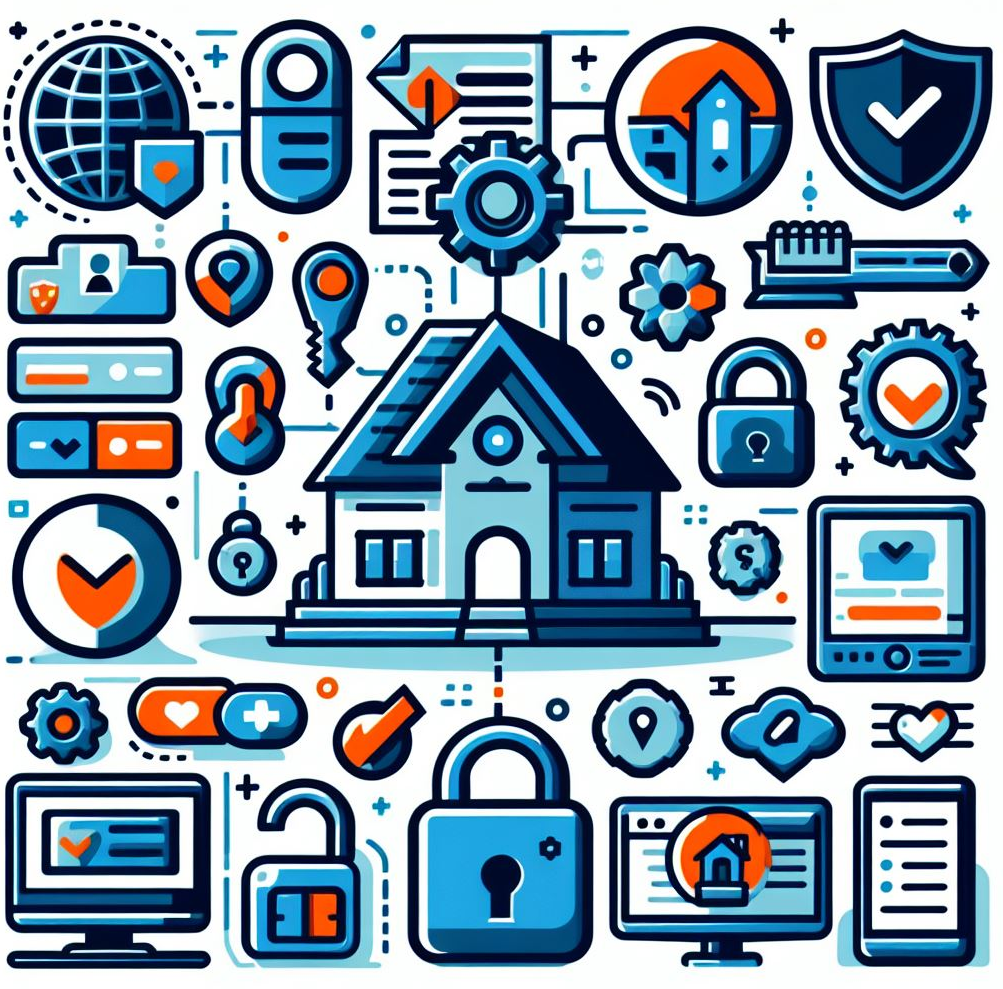In the rapidly evolving landscape of cybersecurity, ensuring the protection of your website is more critical than ever. As cyber threats continue to advance, it's imperative to adopt proactive measures to enhance your website security in 2024.

In the rapidly evolving landscape of cybersecurity, ensuring the protection of your website is more critical than ever. As cyber threats continue to advance, it's imperative to adopt proactive measures to enhance your website security in 2024. Two fundamental components of this endeavor are SSL certificates and reliable web hosting. Here are some of the best ways to bolster your website's defenses:
1. Implement SSL Certificates
SSL (Secure Sockets Layer) certificates have long been a cornerstone of website security, encrypting data transmitted between web servers and users' browsers. In 2024, SSL remains essential for safeguarding sensitive information, such as login credentials, payment details, and personal data. Beyond encryption, SSL certificates also contribute to trust and credibility, as evidenced by the HTTPS protocol displayed in browsers' address bars. By securing data in transit, SSL certificates mitigate the risk of interception and unauthorized access, bolstering overall website security.
2. Choose Secure and Reliable Web Hosting
Selecting a reputable web hosting provider is paramount for maintaining a secure online presence. In 2024, the emphasis on secure web hosting has heightened, with providers offering advanced security features to combat evolving threats. Look for hosting services that prioritize security measures such as regular software updates, robust firewall protection, and intrusion detection systems. Additionally, consider providers that offer SSL support and automatic backups to further fortify your website's defenses against cyber attacks and data loss.
3. Enforce Strong Authentication Mechanisms
Authentication mechanisms play a crucial role in verifying the identities of users accessing your website. In 2024, it's essential to enforce strong authentication practices, such as multi-factor authentication (MFA), to prevent unauthorized access to sensitive accounts. By requiring users to provide multiple forms of verification, such as a password and a one-time code sent to their mobile device, MFA adds an extra layer of security, reducing the risk of account compromise and data breaches
4. Stay Vigilant with Security Updates
Keeping your website's software up to date is paramount for addressing security vulnerabilities and patching potential loopholes exploited by cyber attackers. In 2024, the importance of timely security updates cannot be overstated, as threat actors continually exploit newly discovered vulnerabilities. Whether it's your content management system (CMS), plugins, or server software, prioritize installing security patches promptly to mitigate the risk of exploitation and maintain a secure website environment.
5. Educate Users on Security Awareness
In addition to technical measures, fostering a culture of security awareness among website users is crucial for mitigating risks and minimizing the impact of cyber threats. In 2024, prioritize educating users about common security risks, such as phishing attacks, malware infections, and data breaches. Provide guidance on best practices for creating strong passwords, recognizing suspicious emails, and safely navigating online environments. By empowering users with knowledge and awareness, you strengthen the overall security posture of your website and reduce the likelihood of successful cyber attacks.
